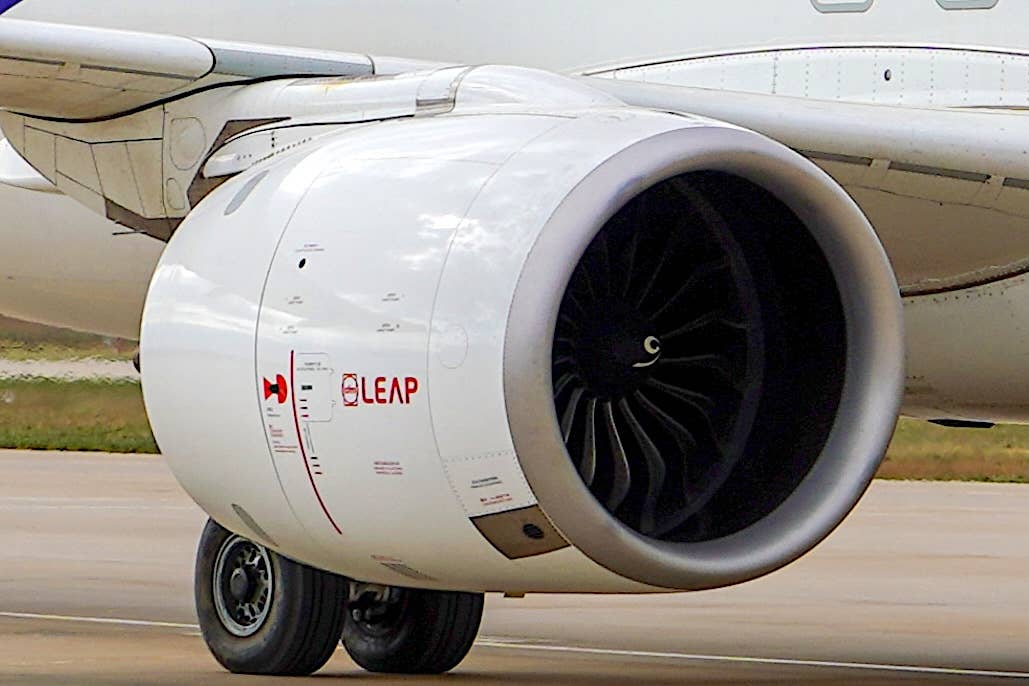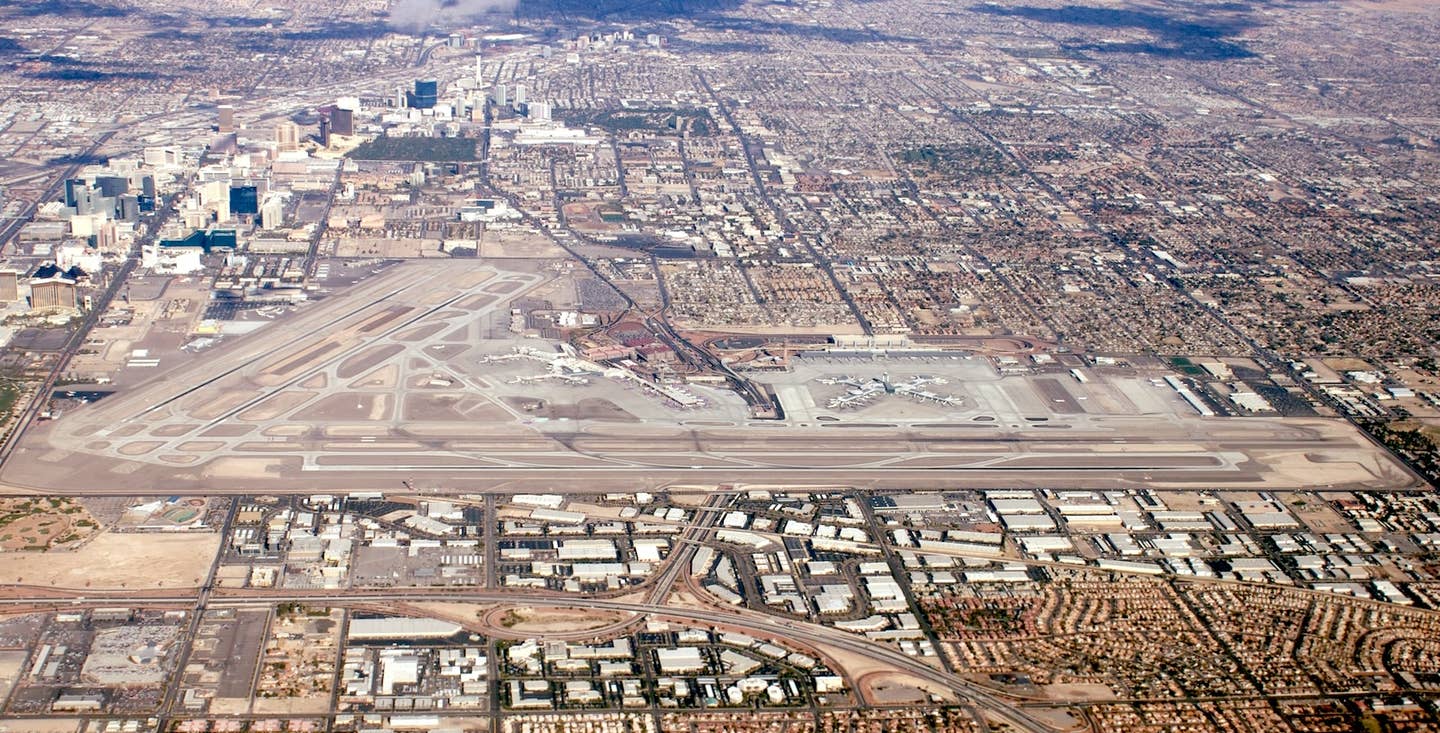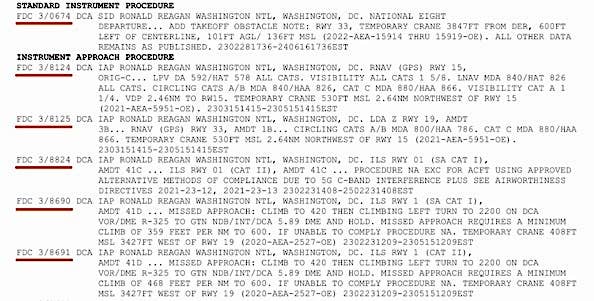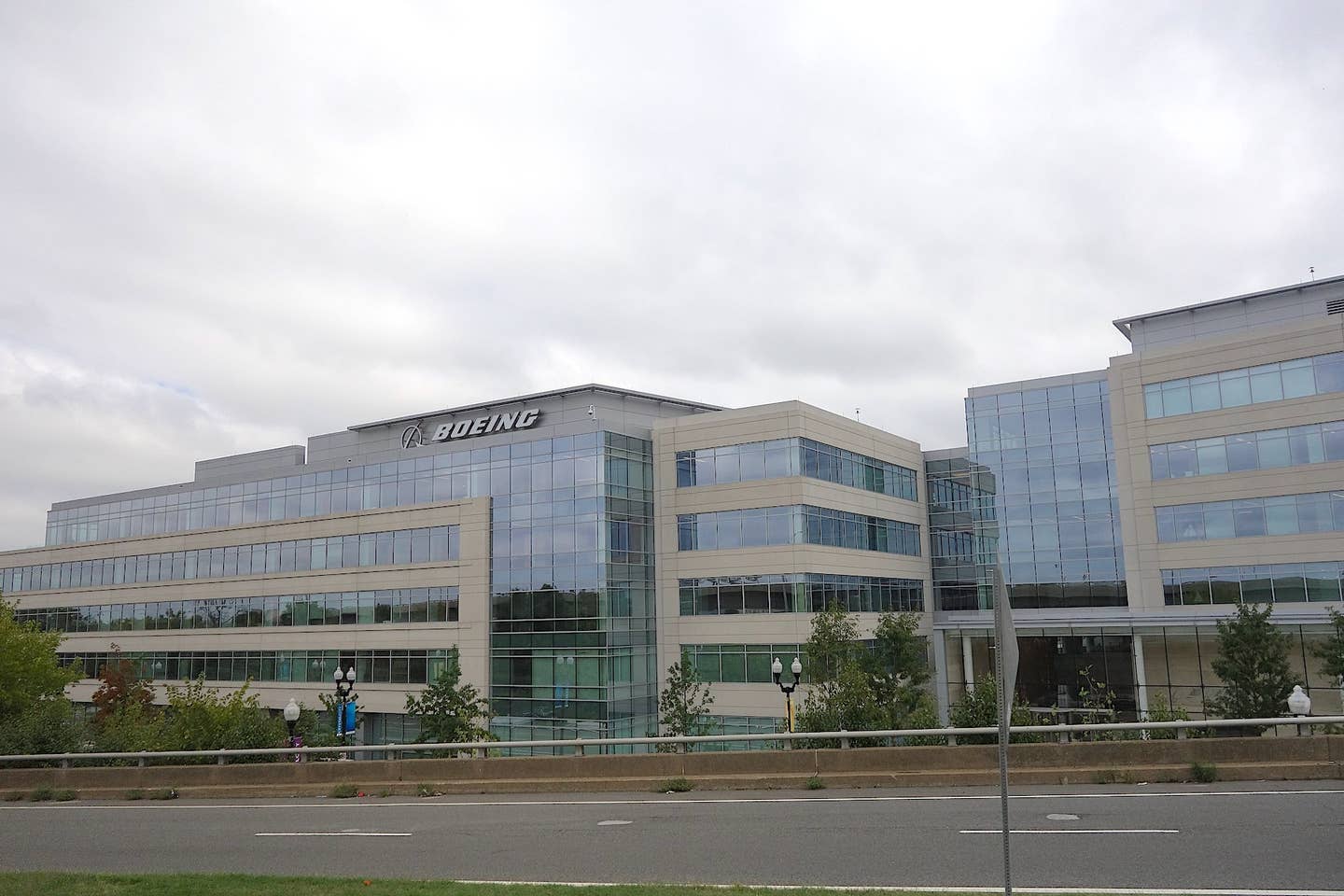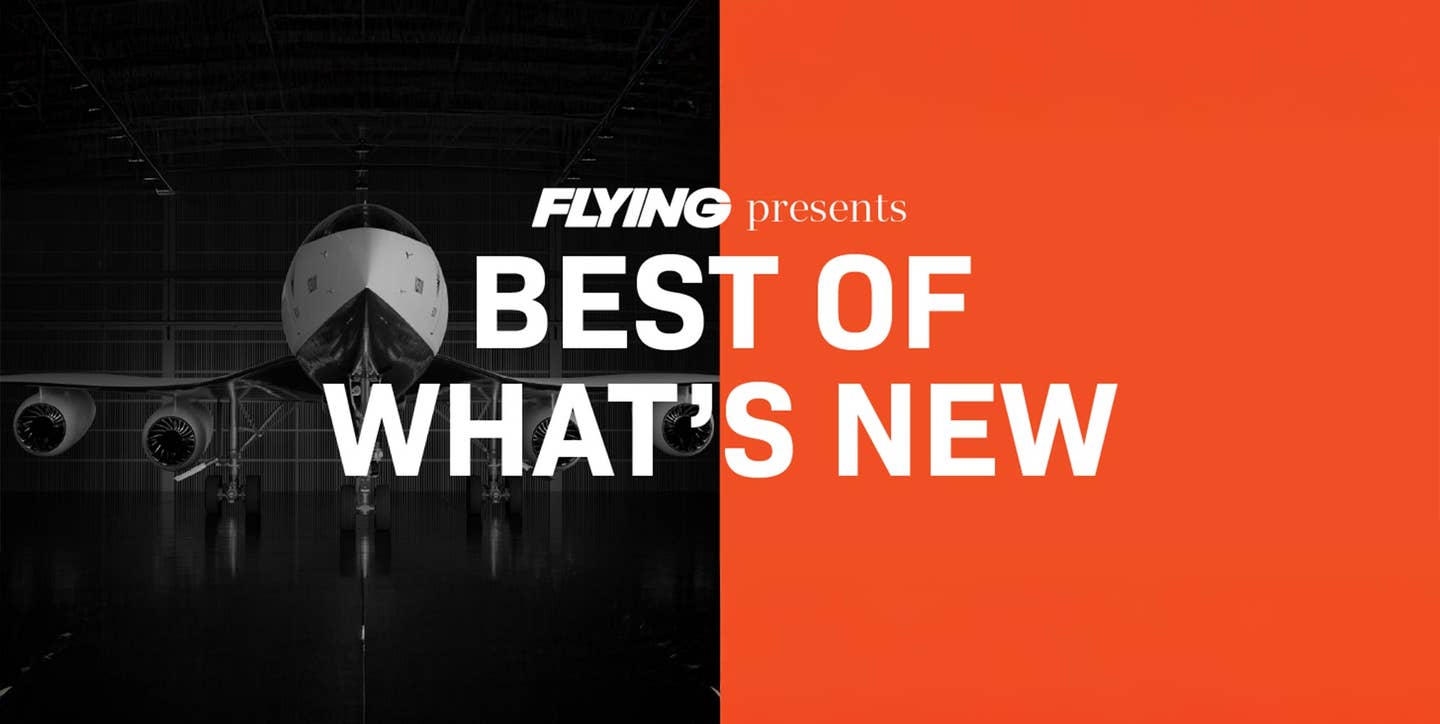FAA Getting Ready To Rule On Public Charter Scheduled Service
The FAA says it will soon issue a Notice of Proposed Rulemaking that will address safety issues in so-called public charter carriers that operate scheduled services under Part 135 rules….
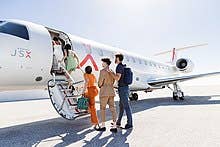
The FAA says it will soon issue a Notice of Proposed Rulemaking that will address safety issues in so-called public charter carriers that operate scheduled services under Part 135 rules. FAA Administrator Mike Whitaker said in a statement that could ultimately result in a separate category for these types of carriers, commonly referred to as hop-on charters. "If a company is effectively operating as a scheduled airline, the FAA needs to determine whether those operations should follow the same stringent rules as scheduled airlines,” Whitaker said. Although the public charter option has been available for more than 40 years, it's been in the last decade that Part 135 operators have exploited what some 121 carriers have characterized as a loophole in the regs.
Part 135 operators are allowed to sell individual seats on aircraft with 30 seats or less. They're also allowed to take advance bookings and advertise the sale of tickets. At the same time they can hire pilots with the commercial minimum of 250 hours rather than the 1500 required for 121 airlines. They can also operate out of FBOs and hangars, and passengers do not have to undergo TSA screening. Dallas-based JSX has built a sizeable network under that regime with about 50 ERJ 135 and 145s configured to 30 seats and hundreds of scheduled flights each month throughout the Southwest. Even JSX calls its service the "ultimate travel hack," and traditional carriers have been bending the ears of FAA officials and politicians about the perceived unfairness.
Whitaker stuck to the safety angle as he outlined the rationale for the new rules, but he did not rule out some kind of accommodation for this kind of service assuming it can be safely operated. “At the same time, we want to look at how future innovation might cause us to think differently. Safe air travel options should be available to everyone, not limited to only those living near a major airport," Whitaker said. "We want to put a safety lens over the options of future innovation, as we work to further connect small and rural communities to open up more options for everyone at the same high level of safety.”
Meanwhile, the issue has also caught the attention of the TSA and it seems likely that more stringent security regs, up to and including the type of screening done at major airlines, are on the way. The TSA has been reviewing the operations of public charters and has given them a 45-day comment period on its potential actions. The comment period ends June 27. The TSA says it will take those comments into account when it finalizes those changes. JSX does its own security screening and requires passengers to go through a "weapon detector" before boarding.
JSX has been vocal in its criticism of major carriers, which it claims are behind the looming rule changes out of fear for their market shares, but said it's looking forward to taking part in their creation. ”As the country’s largest public charter air carrier, JSX has modeled the way forward for safe, secure, and reliable regional operations,” JSX said in a statement to the Dallas Morning News. “We eagerly look forward to collaborating with our regulators to cement the importance of public charters and expand access to vital air connectivity in the future.”


